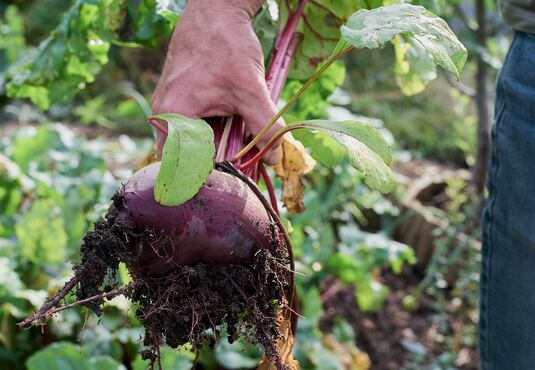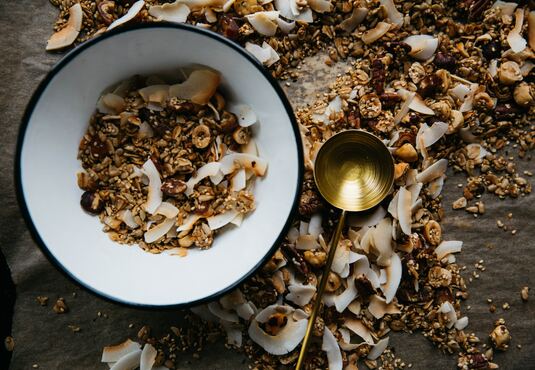
10 Tips: How to succeed with good resolutions
The wonderful smell of vanilla crescents & Co has already evaporated, just like that of raclettes, fondues or other festive treats. At the latest to the turn of the year a warning voice has stirred with many to the calorie-crammed delicacies of the holidays. But in the new year - there we want to continue differently, there we want to make much better.
Numerous well-intentioned resolutions are made - whether it's about more exercise or eating. But they often don't last long, because many are doomed to fail right from the start. Thus a fast "break" is virtually pre-programmed for the strictly imposed rules. No wonder, because precise Do’s and Don’ts cause stress and strain our psyche. Once a rule is broken, there is a great danger that the entire project will fail. Yet setbacks are very human and normal on the way to a change.
If you want to be successful in the long term, the following 10 tips will help:
1. Set realistic, manageable goals and start with the easy-to-implement ones (e.g., in the winter, a 30-minute online fitness program might be easier than an hour of running in the cold).
2. Avoid strict rules and regulations (e.g.: If you like sweet drinks, you can - instead to drink only water from now on - slowly reduce the sugar content for the time being or choose drinks that are less sweet). In this way, the palate can gradually get used to less sweetness
3. Accept phases in which it is difficult to implement them.
4. Formulate resolutions positively. Studies show that this is more promising than focusing on avoiding (or even forbidding) "bad" things. So, for example, "I want to eat more vegetables and fruit" (e.g., one more serving every day) is better than "I don't want to eat chocolate anymore."
5. Especially when it comes to nutrition, it is worth listening more to your own body. Because your body's needs often don't fit in with preconceived meal plans.
6. Pay attention to hunger and satiety. Focus your awareness on how it feels. Take the time to notice the body's signals.
7. Bring back the feeling of thirst. Thirst is often not noticed and drinking must be trained. To do this, integrate sufficient, proper drinking into everyday life.
8. Conscious pleasure is an important magic formula – but here less is also more. Studies show that people who enjoy things live healthier lives! Food lovers exercise more often and also eat healthier. Pleasure boosts self-confidence, raises personal drive and performance levels, promotes relaxation and stress reduction, and counteracts depressive moods.
With daily "pleasure islands" appealing to as many senses as possible, you can increase your own capacity for pleasure. Shared, pleasurable moments with loved ones are especially good in the dark, cold wintertime and especially in challenging times like these.
9. "You are what you eat" - appreciate the good foods we have and their contribution to our health. Choosing foods and meals that are good for the body.
10. Don’t be too strict with yourself, your body and your food. This relieves the psyche and increases the chance of a more relaxed and healthier eating behavior.
Finally, we can relieve of our bad conscience after the holiday calorie bombs: Because what matters is not the time from Christmas to New Year, but the time from New Year to Christmas. And that's enough days to pay more attention to your "healthy gut feeling" again.
More information is available at SIPCAN








